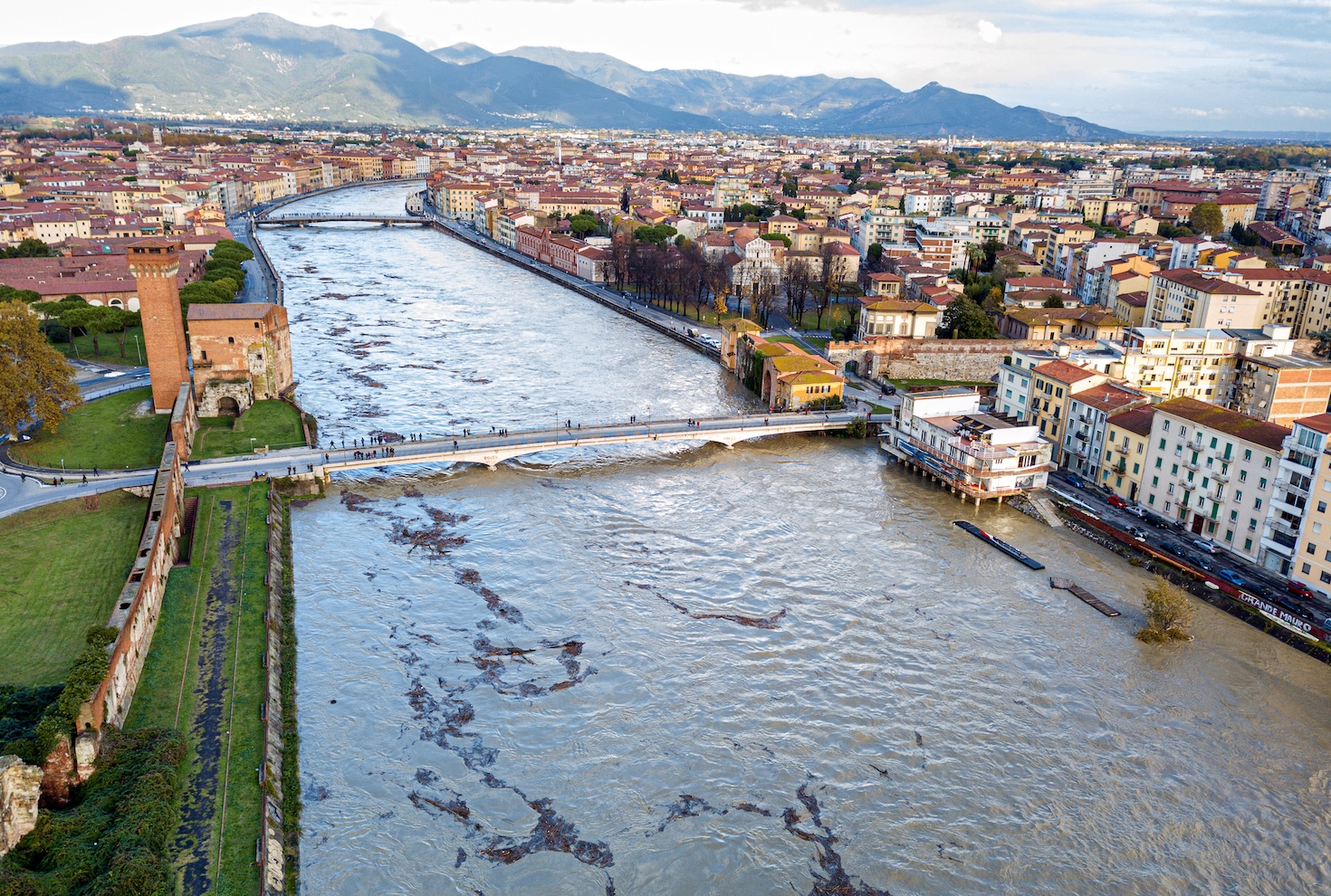Now Reading: Inside Gucci parent Kering’s ambitious plan to reduce water-related business risks
-
01
Inside Gucci parent Kering’s ambitious plan to reduce water-related business risks
Inside Gucci parent Kering’s ambitious plan to reduce water-related business risks

Kering is not the first company in the consumer goods sector to aim for a “water positive” strategy, but its approach involving deep engagement with suppliers sets it apart. The French luxury brand, known for Gucci and Alexander McQueen products, unveiled its Water-Positive Strategy in April. The initiative targets enhancing water quality and quantity in 10 key watersheds, starting with the Arno Basin in Italy where many tanneries are situated.
By 2050, Kering aims to show a positive impact on freshwater resources by replenishing water volume in crucial watersheds and improving the quality of discharged wastewater. In the near term, goals include a 21% reduction in water usage at company facilities in the Arno Basin by 2030 and a 35% cut in water withdrawals at Kering-owned tanneries globally by 2035.
The strategy involves measures such as investing in eco-friendly tanning processes to reduce water usage, with a goal to recycle 75% of water by 2030 at a Normandy tannery. This plan, developed by a multidisciplinary team, integrates water goals across all Kering brands and operations.
Supplier involvement is crucial, given that a large portion of water risks for Kering are linked to external activities like agriculture. Suppliers are expected to enhance their water stewardship efforts, with targets including reducing water withdrawals and eliminating restricted substances by specified deadlines.
Kering’s commitment to water sustainability is part of its broader focus on environmental impact reduction, including setting science-based targets for nature conservation. The company is also reevaluating raw material sourcing to lessen reliance on water-intensive materials like cotton and leather, aiming for increased use of recycled fabrics and regenerative agriculture practices.
A key aspect of Kering’s new approach is the establishment of Water Resilience Labs in 10 watersheds, bringing together stakeholders to define strategies for enhancing water resilience. The company’s efforts are seen as a holistic approach to environmental sustainability that considers water quality and quantity alongside other impacts like greenhouse gas emissions.
The strategy’s initial focus is on the Arno Basin, with plans to expand to other regions in Italy, France, Spain, Turkey, India, Mongolia, South Africa, and Patagonia. The ultimate goal is to address freshwater challenges comprehensively, moving beyond isolated projects to focus on entire watershed ecosystems.






